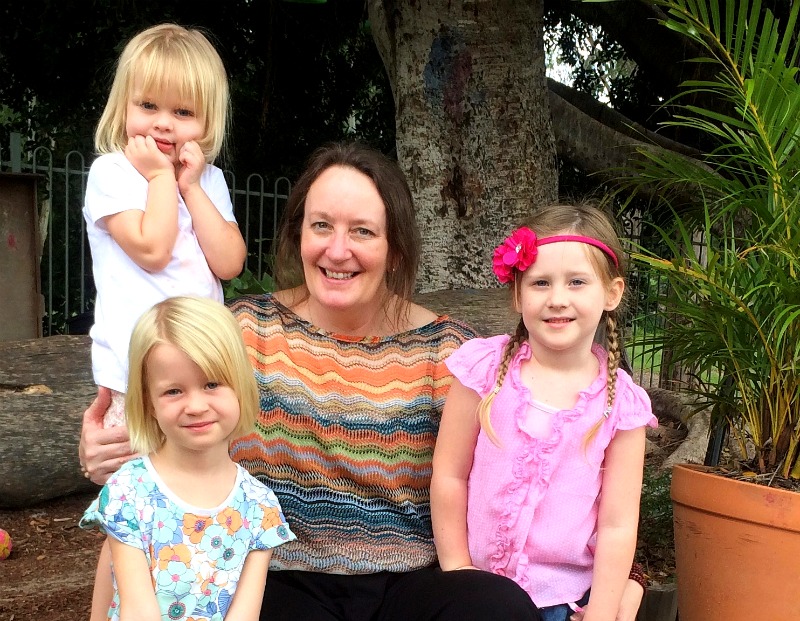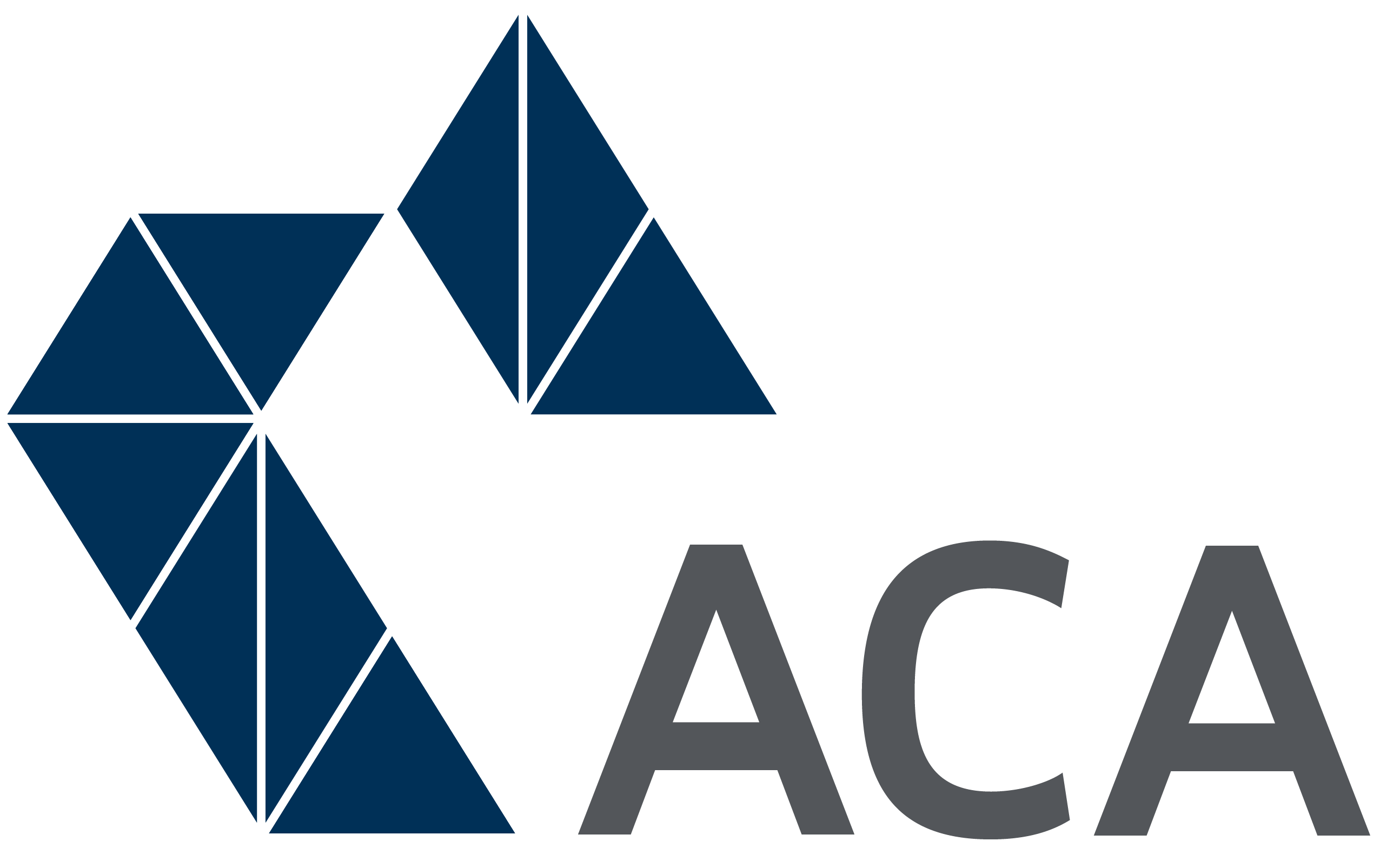The following case study was provided by Eskay Kids, Karana Downs, Queensland.
It originally appeared in ACA's Belonging Early Year Journal, Volume 7 Number 3 2018

Trisha Dean, Centre Director and kids.
Eskay Kids, Karana Downs, Queensland
At Karana, we have built a strong staff team, who are both highly competent and also have longevity of service. Our staff turnover is virtually non-existent.
I credit this with the way we view our team. We are NOT just a group of people doing a job. We are a family team. I give my team every respect, trust, care and autonomy in their work. I encourage the team to find their strengths and sit in that space. It’s quite simple really – extend the same philosophies to your staff team, that you expect them to extend to the children.
Professional development is a big part of the growth of our team. And as a TEAM, we engage in further learning. Of course, there will be times when there is something more honed in, but for the majority, our development happens together. We are a close-knit group and do much of our reflection out in the open, where everyone can have a voice. Areas for development are most often identified through observation of the work that educators are engaging in, or areas that there might be a lack of knowledge in. For example, when the topic of “Schema” came up a few years ago, it was identified that not many had much deep knowledge of this concept. We began with discussions together in a team meeting, followed by sharing of knowledge, information and thinking over many weeks. We did reading and started gaining some knowledge. I then sourced the best qualified presenter I could find and engaged a professional learning day for our team.
Each month in our staff meeting, we share our interpretations of an identified area. In the above example, over several months staff observed and planned for children with a lens of schema, and then brought their thinking back to the team. This enriches learning in a way that nothing else can. It pours it over time and builds a strong capacity. Learning and change cannot be hurried. It needs time. People need time. It’s about knowing and respecting that. The whole process of professional development for our team falls under the umbrella of ‘action research’. Implementation of new knowledge can be seen occurring. The focus when planning, the understanding of what is going on for the child, the flow of new knowledge pouring into the space. It is magical.
And then – when we start sharing this knowledge with families through shared reflections, conversations, blog posts and articles – the process becomes one which not only benefits children in our space, but one which continues through to home as well. Providing a link that is imperative for the shared care of children between us and their primary caregivers.
Professional development is just one way we bring our team together. I believe the biggest success comes from the recognition of people’s strengths and looking at what they can bring to our team, rather than what the team needs from them. Not expecting people to leave their personal lives at the door, but to bring their whole self in. We don’t want just part of people – we want their whole.
We do many things to celebrate together. But it should be noted, that this does not generally require a budget, or a pour in of money. It involves emotion and the way we care for one another. It involves coming together. It involves kindness. Just as we don’t work on rewards and punishments for children, we do not use this for the adults in our space either.
“People will typically be more enthusiastic where they feel a sense of belonging and see themselves as part of a community than they will in a workplace in which each person is left to his own devices.” (Alfie Kohn, Punished by Rewards). Kohn’s work shows that while manipulating people with incentives seems to work in the short run, it is a strategy that ultimately fails and even does lasting harm. Our team is built up through mutual passion for working with children and a respect for one another. It is about the way we show kindness and support through every situation.
Educators are given the opportunity to touch base formally and reflect with me on their growth and performance. We don’t use a “staff appraisal” format – but rather a reflective analysis – with a focus that reflects where our team is at a particular junction. The focus is always based on strengths of people and how we can grow those. The process is different each year as our team develops. It is always about growth and development though. Along with more formal processes, there is a constant touching base and support for staff – lifelong learning at the core. One of the biggest things I can do is to notice what is going on for people. To know their personal and work situations, and how I can support them.
Every year, we do recognise Early Childhood Educator’s Day. We see this as a day for families to give voice to their appreciation of the people that care for their children. A wall of our centre is devoted to messages from families, children, community and the team. And we have kept all these messages for the past five years. They are something that people can go back to. Feeling gratitude from others is a wonderful feeling, and sharing our own gratitude is important too. Just one more thing that aids in the retention of our team.
There are so many “things” that happen to build our strong team. But the thing that cannot be overlooked is that at the end of the day – it all comes down to the relationships. It comes down to caring and supporting one another. When people join our team, they are selected for their values and outlook first, and their qualification and knowledge later. Qualifications and knowledge are things that we can help with, and build. Core values are not. People need to be a fit for our team. Our team is family. Our whole service is family. There is nothing more important than people feeling that they belong, are trusted and are valued.
“The strength of the team is each individual member. The strength of each member is the team.” – Phil Jackson
ACA passes on its heartfelt thanks to Trisha Dean and the team at Eskay Kids, Karana Downs, for sharing their story with us.
Further blog articles are available here.







